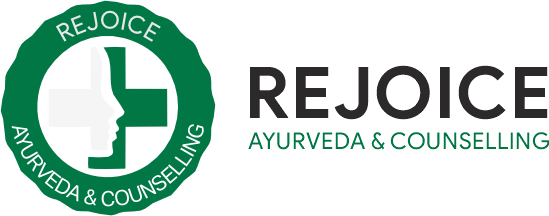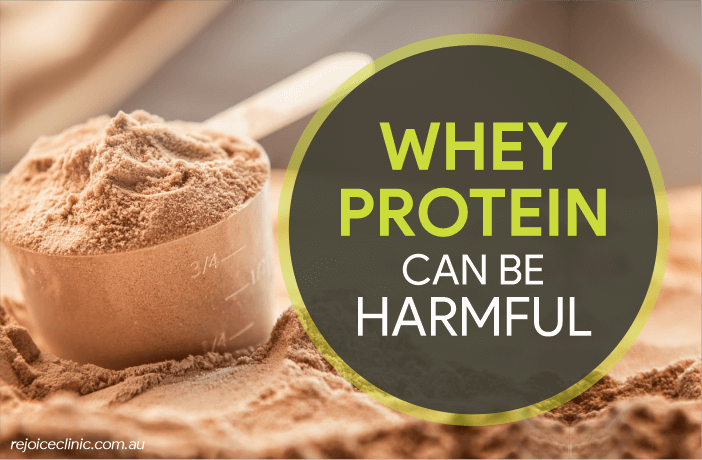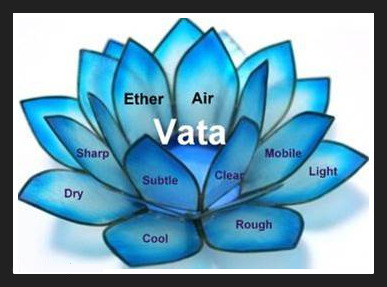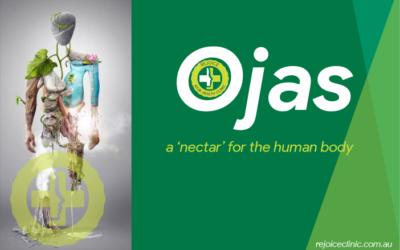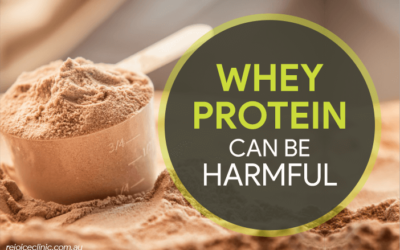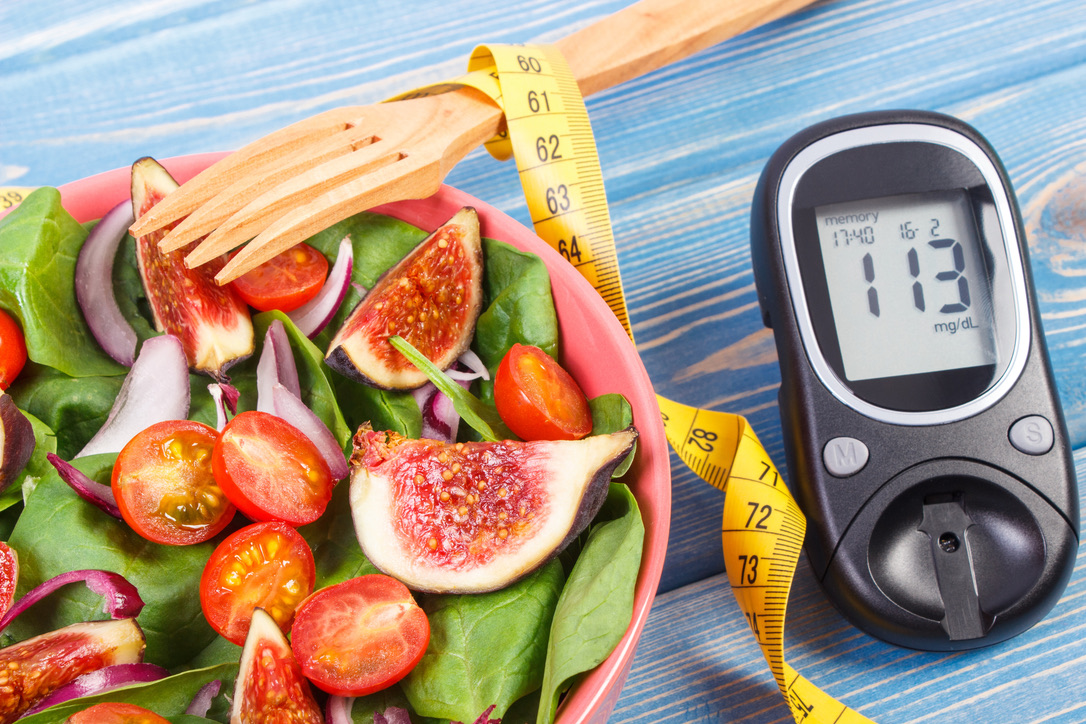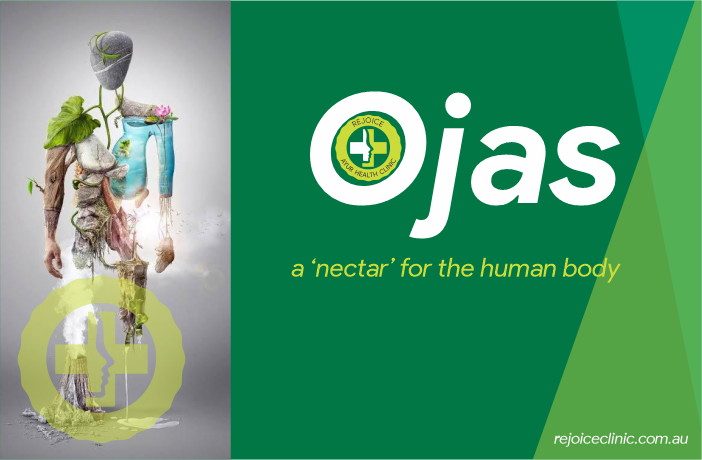
OJAS, The ‘Nectar’ for the Human Body!
What is OJAS?
As per narrated in Ayurveda it is the substance existing in every dhatu (tissue) and considered as saar (active principle) of all dhatus from Rasa to Shukra. Ojas is also accountable for the strength of the body. According to Ayurveda, it is one of the most important elements that maintain and sustains life, though Ojas is located in the heart, it pervades all over the body. It controls and regulates the whole working of the body.
When your Ojas is drained, you become more prone to illness and even premature death. According to Ayurvedic texts, Ojas is abundant, you can live happily for a hundred years. These people are strong yet supple, easy to smile, resilient and they glow. All healthy people have great Ojas, the vital essence that promotes health, immunity, happiness and spiritual strength.
Some of the main characteristics of people having great Ojas:
- It is consciousness and purity of thoughts.
- Feeling positivity in all situations.
- Longevity, intelligence, and memory.
Apart from this, you can see other signs in people of abundant Ojas. They have clear radiant eyes, lustrous hair, glowing skin, a strong immune system, a positive outlook on life, joy, mental clarity, and compassion.
Some other characteristics of Ojas
- Somatmaka (cool like Moon)
- Snigdha (oily)
- Shukla (white in color)
- Sheetal (cool in nature)
- Sthira (stable or firm )
- Sara (flowing)
- Viviktam (Transparent)
- Mridu (soft in nature)
On the other hand, Signs of depleted Ojas are dry skin, cold hands and/or feet, constipation, anxiety, pain, mental fogginess, negativity, loneliness, and fatigue.
Ther are two types of Ojas:-
- Para Ojas– it is present in the heart and it’s quantity is ashat bindu (eight drops). it is highly pure and Any decrease in it leads to grave diseases and instant death.
- Apar Ojas– its properties are similar to shleshmak (kafa).
Quantity- is aarad anjali pramana (means half full when we put our both hands in cup shape).
Place– is in ten vessels connecting to the heart. any decrease in it leads to heavy weakness and diseases.
At Rejoice Ayurveda & Counselling Dr.Anmol recommends So maintain your Ojas and live a healthy and long life without any panic of disease or any viral infection like coronavirus.
How to increase or maintain your Ojas?
Always eat fresh, organic, sun-ripened whole foods, they contain the most Ojas- building energy and avoid refined, processed, canned and frozen foods as the vitality of these foods is either nonexistent or limited. Limit or avoid smoking & alcohol and stimulants, as these are ultimately drying and irritating to the body tissues. These rich organic foods can uplift the Ojas:
- Fruits: apples, bananas, avocados, dates, figs, and apricots.
- Vegetables: leafy greens, lettuce, parsley, alfalfa sprouts, okra, sweet potatoes, yams, rhubarb, spinach, turnips, watercress, and zucchini.
- Grains: amaranth, basmati rice, oatmeal, quinoa, and whole wheat.
- Legumes: moong dal, soybeans, soy milk, and tofu.
- Dairy: goat cheese, cottage cheese, and fresh yogurt.
- Nuts: almonds, brazil nuts, black walnuts, hazelnuts, pine nuts, pistachios, and walnuts.
- Healthy fats and oils: Ghee (clarified butter), olive oil and coconut oil.
- Ginger: is hot in action. It helps decrease the aggravated Vata and Kapha doshas and therefore helps to fight infections as well as boost Ojas, which enhances immunity.
- Turmeric: is believed to support the health of all the three doshas or the basic the humor of the body: Vata, pitta, and Kapha. For this reason, turmeric is recommended in a large variety of ailments and it is also used as a potent Ojas-enhancing and immunity-boosting herb.
- Licorice: is a naturally revitalizing herb that strengthens the body systems. The powder of this root, when taken with honey and ghee, is said to support your immunity.
- Ashwagandha: increases Ojas by restoring energy levels and it is said to delay the process of aging. In the Ayurvedic text, the herb of Ashwagandha is regarded as a natural stimulator and rejuvenator.
Apart from Food & Herb diet, Ojas can also be uplifted in these ways:
- Get regular exercise, up to 30 mins at least, but not to excess as this can be upsetting to your state of balance.
- Set your sleep rhythm, by going to bed at the same time each night, getting about eight hours of sleep, and waking up at the same time every day.
- Nourish your senses, with nature and the arts. Surround yourself with color and texture.
- Spend time with loved ones, and avoid harsh and negative people.
- Things to avoid: multi-tasking, sensory overload, excessive sex, chronic stress, harsh winds, and extreme temperatures.
Avoid Stress, Practice Yoga and Meditation regularly
Stress can decrease the Ojas but you can follow the practices of yoga and meditation to boost your vitality. If you are new to these practices, try taking the help of a professional or join any group that you can find near your home.
Dr.Anmol is running a successfully Ayurvedic Clinic in Melbourne, her profound knowledge in Ayurveda treatment is a blessing for many patients. You can book and appointment if needed for any kind of guidance for any illness.
